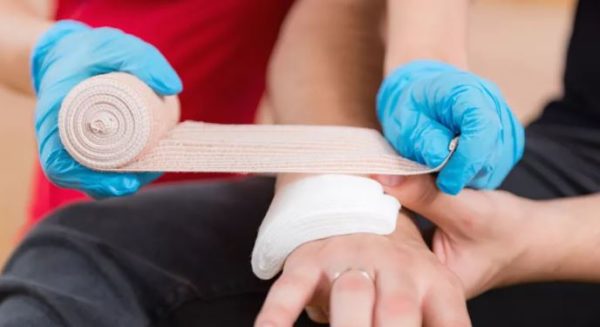Lifestyle
How to deal with a financial emergency

No matter what your financial situation, a financial emergency can hit you at any time and in a wide variety of different forms. Job losses, unexpected medical expenses, and emergency repairs to a home or vehicle can be stressful.
Often, these bills can’t wait, and you still need to find a way to pay for your lifestyle and put food on the table for your family.
It’s not a nice situation to be in, but there are certain ways to deal with a financial emergency that are rational and calculated so that you can recover more quickly and get back to living your life without constant worry.
Here are few ways to deal with a financial emergency:
1. Evaluate the situation
After you’ve been struck by a financial emergency, don’t panic. It won’t help your situation, and you’ll only stress yourself out further. Instead, take some time to evaluate your situation. Ask yourself what you’ll need to do to take care of the financial emergency, and try to get a sense of how much it’s going to cost.
When thinking about the costs, be honest with yourself. The final amount will be a psychological blow, but this is the time to face the reality of your situation head-on. The sooner you have an idea of how much you’ll have to spend, the more prepared you’ll be to handle the challenge of paying for everything.
2. Prioritize your expenses
The first thing you will notice during a financial emergency, aside from money being tight, is that things start to come up out of nowhere. Before you can begin to bounce back, you must first be aware of where you are financially and put first things first. It is important to recognize what your needs are and what your wants are, and start to prioritize based on these different categories. You must put your needs first and then focus on your wants. Knowing this in advance will help you decide how to best allocate the funds that you currently have.
3. Cut your spending
This should go without saying, but sometimes we don’t recognize how a small leak can sink a big ship. Once you have a financial emergency, the odds that you have extra money to spend are very slim. In order to get through your financial emergency and back to a place of financial wholeness, you may need to temporarily cut down on your spending. This short-term cutback will allow you to recover from this emergency and give you the necessary funds needed to either build or replenish your emergency fund. Make sure as you’re cutting back on your spending, you keep in mind the difference between your needs and your wants. Then, use this information to set up a budget in which you are paying yourself first.
4. Start a side hustle
Technology has become the great equalizer when it comes to starting a business and building wealth because of the ease in use and access to so many people. When you find yourself in a financial emergency, starting a side hustle is a great way to earn extra income and rebuild your emergency fund. This is a great option because not only will it allow you to make extra money to build your emergency fund, but it also can help you avoid financial emergencies altogether in the future.
5. Ask for help
If all else fails, then it may be time to lean on your friends and family and ask for help. This may not be ideal for most, but when facing an emergency, it might be your best option. Borrowing from friends and family can put a strain on the relationship, so treat this help with respect and be sure to pay back what you owe as soon as possible.







